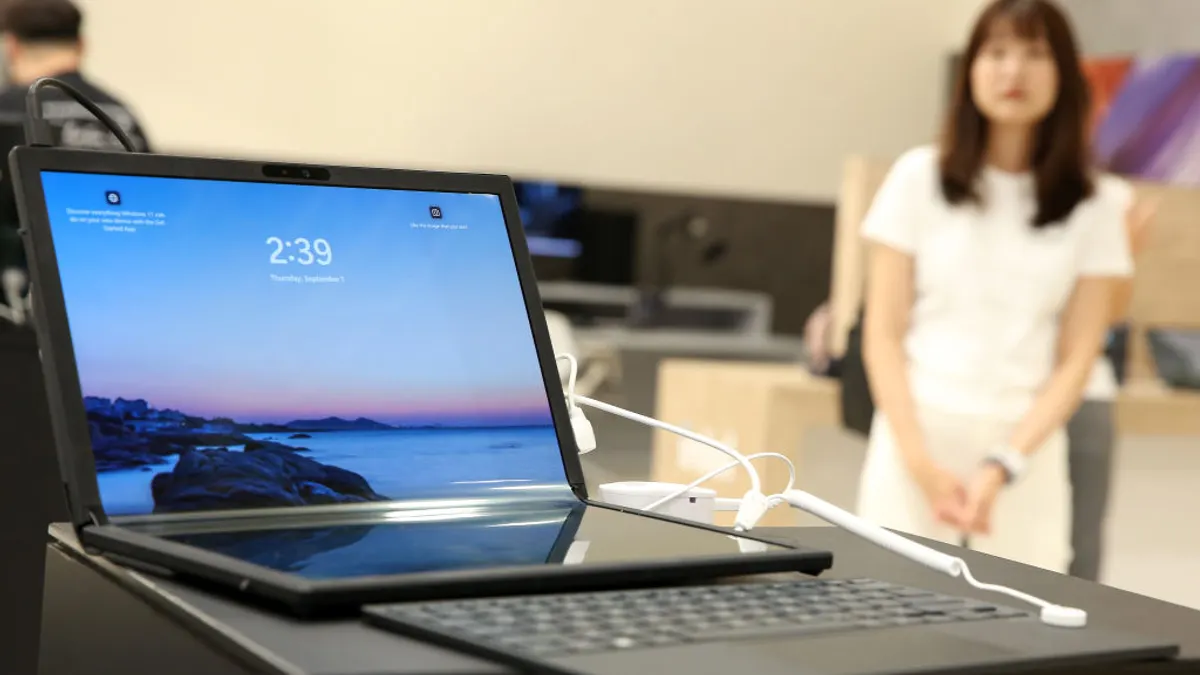Dive Brief:
- Asus shifted most of its manufacturing and assembly operations for U.S.-destined products to Southeast Asia in the second quarter in response to tariffs on China imports, CFO Nick Wu said in an Aug. 13 earnings call.
- The PC maker shifted more than 90% of its production base for motherboards and PCs to Thailand, Vietnam and Indonesia, Wu said. In recent quarters, Asus worked with electronics manufacturing services partners "to adjust production site allocation and invest in capacity realignment."
- Once tariffs are finalized for the production locations, Asus will evaluate the levies’ cost and determine whether to pass some of it to consumers or distribution channels, Wu said. “But how much of that can be passed on depends on relative bargaining positions we have with suppliers and distributors, which is another matter altogether.”
Dive Insight:
Computer makers have pivoted manufacturing outside China to offset tariffs, which are at 30% for many U.S.-destined imports from the country. In May, HP disclosed that it expected to have less than 10% of its North America-bound PCs and printers made in China by September, and Apple plans to invest $600 billion in U.S. manufacturing to expand its domestic supply chain.
As of the earnings call, tariffs directly affecting Asus were on steel and aluminum components, which are in a small portion of the company's products, Wu said. Most of the company's portfolio escaped levies because of its inclusion on the U.S.-China tariff exemption list.
Wu couldn't predict whether President Donald Trump would impose tariffs on semiconductors in Asus products. The White House launched a Section 232 investigation in April to assess the impact of chip imports on national security and the U.S. supply chain.
Asus could get a tariff break because most of its semiconductors are from chipmaker Taiwan Semiconductor Manufacturing Company, Wu said. TSMC's plans to invest $100 billion in U.S. manufacturing capacity could help Asus avoid the worst tariffs.
"Recently, President Trump indicated that several large companies with significant investments in the United States, such as TSMC and Nvidia, could be made exempt," Wu said.
Asus' capital investments to mitigate tariffs during the quarter ended June 30 reduced the company's operating margin by 0.5 percentage points, Wu said. Also, a strong Taiwan dollar against the U.S. dollar weighed on profitability.
"While tariffs and exchange rates do create headwinds for our industry, as mentioned earlier, Asus can effectively mitigate these impacts through product innovation, diversified market presence and flexible configuration of our supply chain and production bases," Asus co-CEO S.Y. Hsu said.














